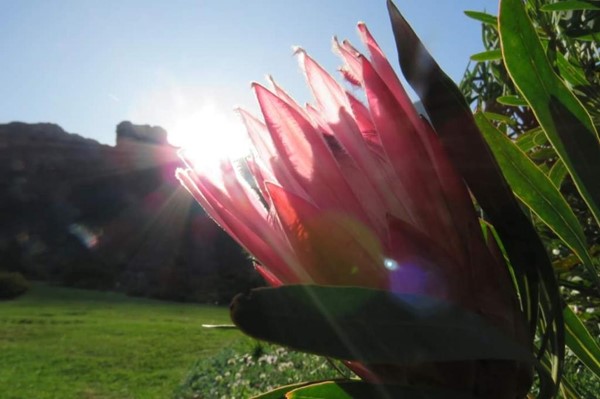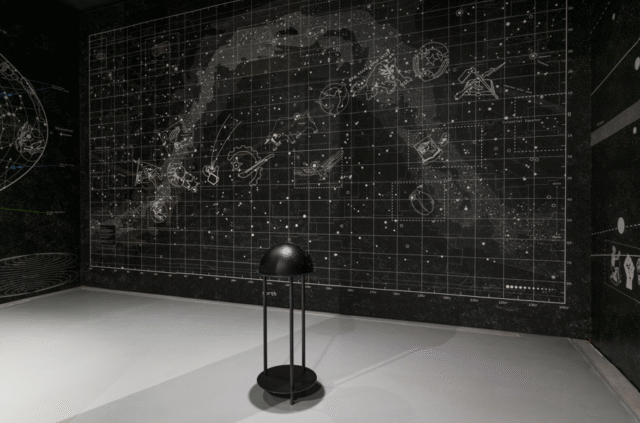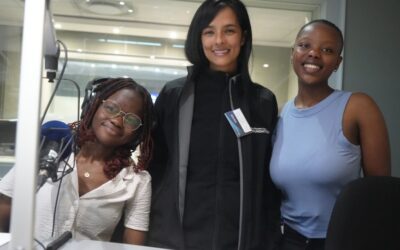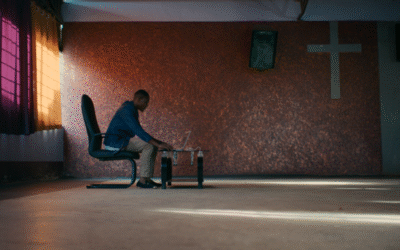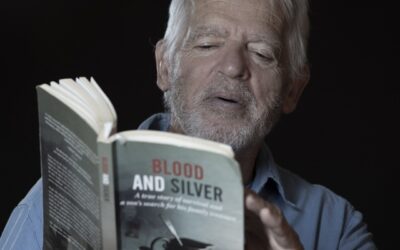Cape Town’s World Music Festival is over its funding hurdles and promises to make up for lost time, reports Setumo-Thebe Mohlomi.
The Cape Town World Music Festival returns this weekend with a bouquet of hot local and international acts, a box of sweet DJs and a string of sponsors after almost disappearing from the festival calendar in 2013.
Last year’s festival was postponed because of a shortage of sponsors, and now the organisers are on a campaign to win back the hearts of Cape Town music enthusiasts. The first Cape Town World Music Festival, held in 2012, was something like a blind date that couldn’t have gone better for its organisers and the ears and hearts in attendance.
But when it was time for a second date at the end of last year, the festival organisers were unable to secure enough funding. “We decided that, instead of skipping a year, we would just postpone it by six months, seven months,” says Ma’or Harris, one of the festival’s founders.
The competition for the affections of South African, particularly Capetonian, audiences grows stiffer each year, and playing hot and cold with the attentions of punters is a dangerous game of love roulette.
At least Ma’or and company are having a decent go at rekindling the flames of desire.
The long-awaited second date with the festival will be at the historical and grandiose City Hall on July 18 and 19. It will feature three stages and a charity element to mark the Mandela Day weekend.
Friday
Bongeziwe Mabandla gets the festival off to an early start with a 7.30pm set on the seated stage. His debut album Umlilo (which means “fire”) is a neat match with the 2014 festival’s theme, light. Mabandla’s weepy folk music with mostly isiXhosa lyrics is accompanied by his guitar and a backing ensemble.
His allotted set is an unfortunate one because halfway through it, at 8pm, Vieux Farka Touré plays on the main stage. Vieux is the son of Malian Afro-blues man Ali Farka Touré, but he has garnered his own international acclaim in the seven years he has been putting out records.
This is a rare occasion to see the Malian guitarist, who spends 75% of his performance times touring Europe and the United States.
The “Jimi Hendrix of the Sahara” envisions a time when “music can act like an ambassador from one country to another to help create more openness and better relations between the countries”.
The message Touré will be bringing to the festival is one of pan-African interconnectedness. “What is happening in Mali touches everywhere else in the world. You cannot ignore a crisis in one country like Mali just because you do not see it every day in the news or you think it is too far to touch you,” he said.
The loose, clumsy programme means that there won’t be much to see between the end of Touré’s set and the 9.30pm slot — at which point you’ll have to make an important festival decision.
One choice is a quartet led by the intergalactic bassist Carlo Mombelli backed by locals Kesivan Naidoo (drums) and Kyle Shepherd (piano), with KwaZulu-Natal-born Mbuso Khoza on vocals. The other choice is to head to the seated stage for Derek Gripper’s acoustic guitar set, which is likely to include original compositions alongside masterfully reinterpreted Malian kora compositions.
So you might have to go with another choice — watch half of each one of the sets and face missing the best parts of both. The last highlight of day one comes at the tail end of the live band schedule. The Brother Moves On return to the festival with more gigging experience under their collective belt and a debut album, A New Myth, which is doing well with critics. Their set on the main stage at 12.30am promises to surprise loyalists and convert the uninitiated.
Saturday
It’s good to see a stalwart of Southern African traditional music, Madala Kunene, in the line-up. His 8pm slot is a reminder of Oliver Mtukudzi’s set at the inaugural festival. The organisers can only be encouraged to continue paying homage to established, but often forgotten, Southern African musicians.
American songstress Laura Burhenn, lead vocalist of the indie-pop band Maynabirds, will take to the main stage at 9pm without her bandmates. She will be exploring an open relationship with a number of local artists, including the smouldering Inge Beckmann of Lark fame, Shotgun Tori, as well as two singers from the Africa Voices Trust.
After Burhenn’s performance, put foot and catch DJ Mighty’s set on the electronic stage. Mighty is the love child of Cape Town’s obsession with all things vintage.
The vinyl collector has been steadily making audiences hip to his penchant for hard-to-find gems ranging from funk to deep house. When Mighty has had his way with you, you might find yourself forced to watch DJ Clock for an hour until Thandiswa Mazwai starts. Wouldn’t it be poetic if the festival wasn’t plagued by delays, like so many festivals are, and Mazwai started her show at the stroke of midnight on the main stage?
The singer-songwriter who started her career with Bongo Maffin in the 1990s has been lauded by most as being a legend of South African music. Invariably, the smart thing to do for many music lovers is not to get excited or show any enthusiasm for the festival after the postponement heartbreak.
But with a line-up designed to soothe broken hearts and dashed hopes, many festival-goers might find themselves put out on the second date because of the long wait.
TICKETS: available at Computicket. INFO: visit
PHOTO: Bongo Maffin’s Thandiswa Mazwai. (Gallo)


